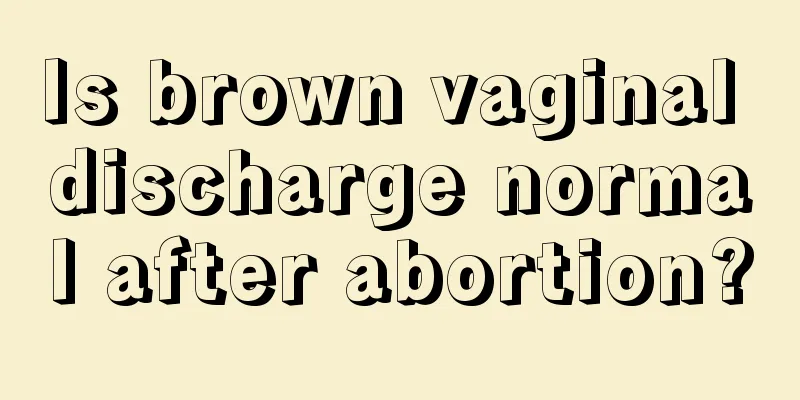Left rib pain during late pregnancy

|
Some pregnant women experience rib pain in the late stages of pregnancy. There are many reasons for this phenomenon. It may be because the fetus is larger, causing the diaphragm to move upward, and the pregnant woman changes from abdominal breathing to chest breathing, which has a pulling effect on the ribs. It may also be due to the increased demand for calcium, resulting in calcium deficiency. Let’s take a closer look at it below. In the late stages of pregnancy, the fetus has grown very large inside the pregnant woman's body. At this time, pregnant women will experience a lot of physical discomfort. These discomforts are often caused by pressure from the fetus. Many people hope that they can give birth to their babies smoothly, so they are very vigilant about changes in their bodies. So what causes rib pain in late pregnancy? 1. What causes rib pain in late pregnancy? Rib pain in the late pregnancy is generally normal and is caused by the fetus pressing on the nerves. It may also be that the pregnant woman is calcium deficient, or the enlarged uterus causes the diaphragm to rise and the chest cavity to expand, which will cause rib pain. If this pain is always very intense, consider whether you have periostitis and you must go to the hospital for an ultrasound examination. You must pay more attention to rest during the later stages of pregnancy. Count fetal movements on time every day to prepare for delivery. 2. What are the precautions in late pregnancy? First, in the late pregnancy, you should pay attention to prenatal check-ups, which should generally be done once a week. Second, in the late stages of pregnancy, you should pay attention to improving your nutrition, ensuring adequate sleep, and also pay attention to hygiene and do some moderate exercise. Third, in the late stages of pregnancy, you should pay attention to controlling your salt intake, avoid doing too much heavy work, and it is not advisable to take a bath in a tub. When the fetal movement is less than 20 times within 12 hours or the fetal heart rate is less than 120 beats per minute and more than 160 beats per minute, go to the hospital for examination immediately. If you experience vaginal bleeding, lower limb edema, a sudden increase in blood pressure, or irregular uterine contractions before 37 weeks, you should go to the hospital for examination in time. |
<<: Is uterine fluid accumulation during pregnancy serious?
>>: Back pain after cesarean section
Recommend
Can pregnant women use tea oil to rub their bellies?
In life, everyone who has been pregnant knows tha...
How to treat endocrine disorders in women
How to treat women's endocrine disorders is s...
Can bone age be used to estimate a child's growth potential and predict possible adult height?
Myth: Is bone age an accurate predictor of height...
APA: The more social media users use, the more psychological stress they experience
199IT original compilation Technology has not bro...
How long should I take Chinese medicine for pelvic inflammatory disease?
Pelvic inflammatory disease is clinically divided...
What's going on if my period is delayed for 10 days and still hasn't come?
In real life, delayed menstruation in women is a ...
Why can't I get pregnant by having sex every day?
In life, many people are very eager to have child...
Bleeding again on the fourth day after painless abortion
Painless abortion is currently a common method of...
Wash your face and hair, you may not be washing them correctly!
Author: Zhu Xuejun, Chief Physician, Peking Unive...
Type and shape of the vulva
The structure of women's vulva is roughly the...
Can I practice yoga during menstruation?
Women who are menstruating know that excessive ex...
What to do if the placenta is low
People who have experienced it know that it is re...
Vulvar leukoplakia early symptoms and pictures
With the improvement of people's living stand...
What is low-grade cervical squamous intraepithelial lesion?
For the sake of their own health, women pay speci...
Still believe that "left eye twitching brings wealth" and "right eye twitching brings disaster"? Frequent eyelid twitching is not as simple as "getting rich"~
"Eyelid twitching" is a very common phe...









